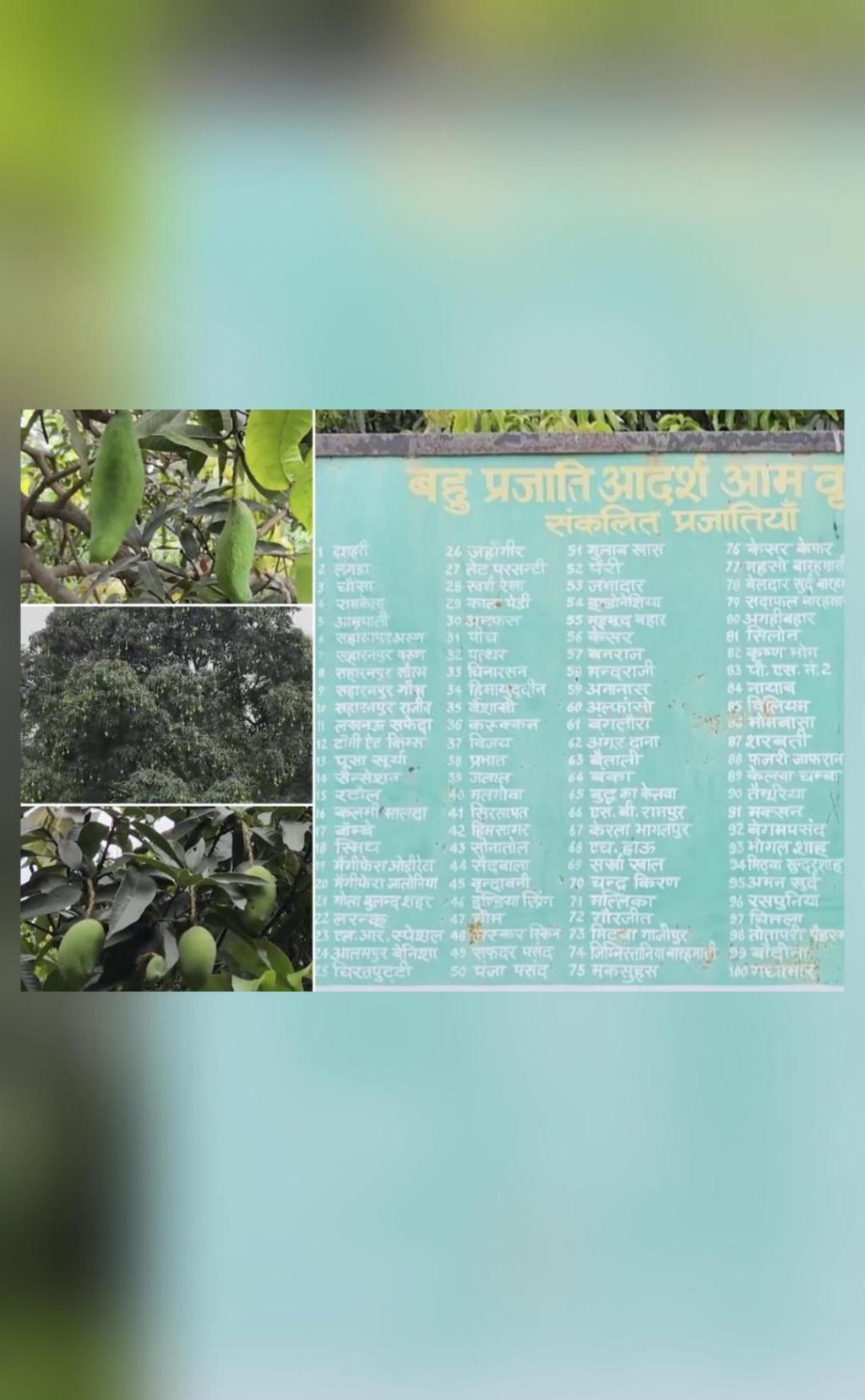
Scientists Cultivate 121 Varieties of Mangoes on a Single Tree
In a breakthrough achievement that is set to benefit farmers in Uttar Pradesh’s Saharanpur, scientists have successfully cultivated 121 varieties of mangoes on a single tree. This remarkable feat is a testament to the innovative spirit of Indian scientists and their dedication to finding solutions to the challenges faced by farmers.
The tree, which is a rare specimen, is a result of years of research and experimentation by a team of scientists at the Institute of Tropical Botany, Saharanpur. The team, led by Dr. S.P. Singh, has been working on developing a hybrid mango tree that can grow multiple varieties of mangoes simultaneously.
The tree, which is around 15 years old, is a result of a careful selection of mango varieties and grafting techniques. The scientists used a combination of traditional and modern methods to create the tree, which is capable of producing 121 different varieties of mangoes.
The varieties of mangoes grown on the tree include some of the most popular and sought-after varieties such as Dussehri, Langra, Chaunsa, Ramkela, Amrapali, Saharanpur Arun, Saharanpur Varun, Saharanpur Saurabh, Saharanpur Gaurav, and the local Saharanpur Rajiv.
The achievement is significant not only for its scientific value but also for its potential to benefit farmers in Saharanpur and other parts of the country. Mango is one of the most widely cultivated and consumed fruits in India, and the country is home to over 1,000 varieties of mangoes.
The cultivation of multiple varieties of mangoes on a single tree has several advantages. For one, it allows farmers to reduce the land required for cultivation, which can lead to increased productivity and reduced costs. Additionally, the tree can be harvested multiple times, providing farmers with a steady income stream throughout the year.
The achievement is also significant from a scientific perspective. The cultivation of multiple varieties of mangoes on a single tree is a complex process that requires a deep understanding of the biology and genetics of the fruit. The achievement is a testament to the innovative spirit of Indian scientists and their ability to find solutions to complex problems.
The news of the achievement was announced by the Press Trust of India (PTI) on its official Twitter handle, where it was shared with the hashtag #MangoTree. The news was met with widespread excitement and interest, with many people expressing their admiration for the scientists’ achievement.
The achievement is a major boost to the agricultural sector in Uttar Pradesh, which is one of the largest producers of mangoes in the country. The state is home to over 1,000 varieties of mangoes, and the cultivation of multiple varieties of mangoes on a single tree is expected to increase the productivity and profitability of farmers in the region.
In conclusion, the cultivation of 121 varieties of mangoes on a single tree is a remarkable achievement that is set to benefit farmers in Uttar Pradesh’s Saharanpur. The achievement is a testament to the innovative spirit of Indian scientists and their ability to find solutions to complex problems. As the country continues to grapple with the challenges of climate change, population growth, and food security, the achievement is a reminder of the importance of investing in scientific research and innovation.






